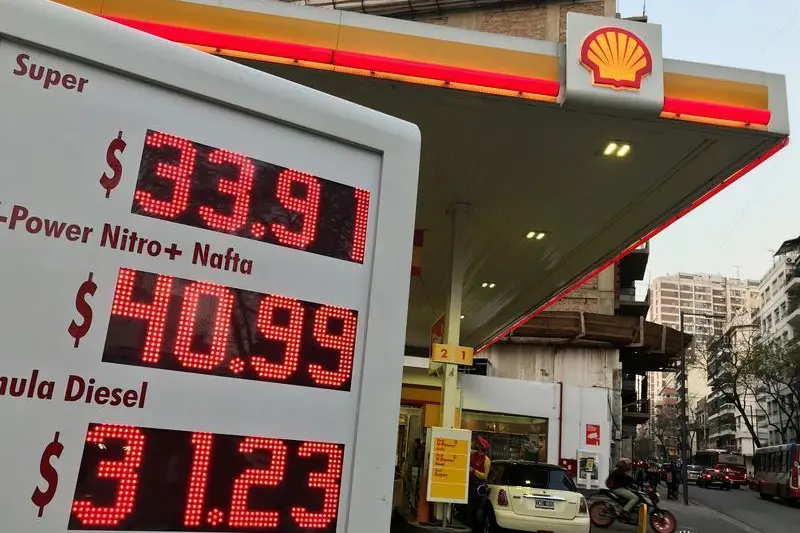PHOTO
LONDON- Oil prices jumped more than 2 percent to a four-year high on Monday after Saudi Arabia and Russia ruled out any immediate increase in production despite calls by U.S. President Donald Trump for action to raise global supply.
Benchmark Brent crude hit its highest since November 2014 at $80.94 per barrel, up $2.14 or 2.7 percent, before easing to around $80.65 by 1335 GMT. U.S. light crude was $1.30 higher at $72.08.
"This is the oil market's response to the OPEC+ group's refusal to step up its oil production," said Carsten Fritsch, commodities analyst at Commerzbank in Frankfurt.
OPEC leader Saudi Arabia and its biggest oil-producer ally outside the group, Russia, on Sunday ruled out any immediate extra increase in output, effectively rebuffing a call by Trump for action to cool the market.
"I do not influence prices," Saudi Energy Minister Khalid al-Falih told reporters as OPEC and non-OPEC energy ministers gathered in Algiers for a meeting that ended with no formal recommendation for any additional supply boost.
Trump said last week that OPEC "must get prices down now!", but Iranian Oil Minister Bijan Zanganeh said on Monday OPEC had not responded positively to Trump's demands.
"It is now increasingly evident, that in the face of producers reluctant to raise output, the market will be confronted with supply gaps in the next 3-6 months that it will need to resolve through higher oil prices," BNP Paribas oil strategist Harry Tchilinguirian told Reuters Global Oil Forum.
Commodity traders Trafigura and Mercuria said on Monday that Brent could rise to $90 per barrel by Christmas and pass $100 in early 2019, as markets tighten once U.S. sanctions against Iran are fully implemented from November.
J.P. Morgan said U.S. sanctions on Iran could lead to a loss of 1.5 million bpd, while Mercuria warned that as much as 2 million bpd could be knocked out of the market.
The Organization of the Petroleum Exporting Countries as well as top producer Russia has been discussing raising output to counter falling supply from Iran, although no decision has been made public yet.
A source familiar with OPEC discussions told Reuters on Friday that OPEC and other producers have been discussing the possibility of raising output by 500,000 bpd.
"We expect that those OPEC countries with available spare capacity, led by Saudi Arabia, will increase output but not completely offset the drop in Iranian barrels," said Edward Bell, commodity analyst at Emirates NBD bank.
U.S. commercial crude oil inventories are at their lowest since early 2015 and although U.S. oil production is near a record high of 11 million barrels per day (bpd), subdued U.S. drilling activity points towards a slowdown in output.
(Reporting by Christopher Johnson in LONDON and Henning Gloystein in SINGAPORE; Editing by Emelia Sithole-Matarise and by Louise Heavens) ((christopher.johnson@thomsonreuters.com; +44 7790 561 651; Reuters Messaging: christopher.johnson.reuters.com@reuters.net))





















